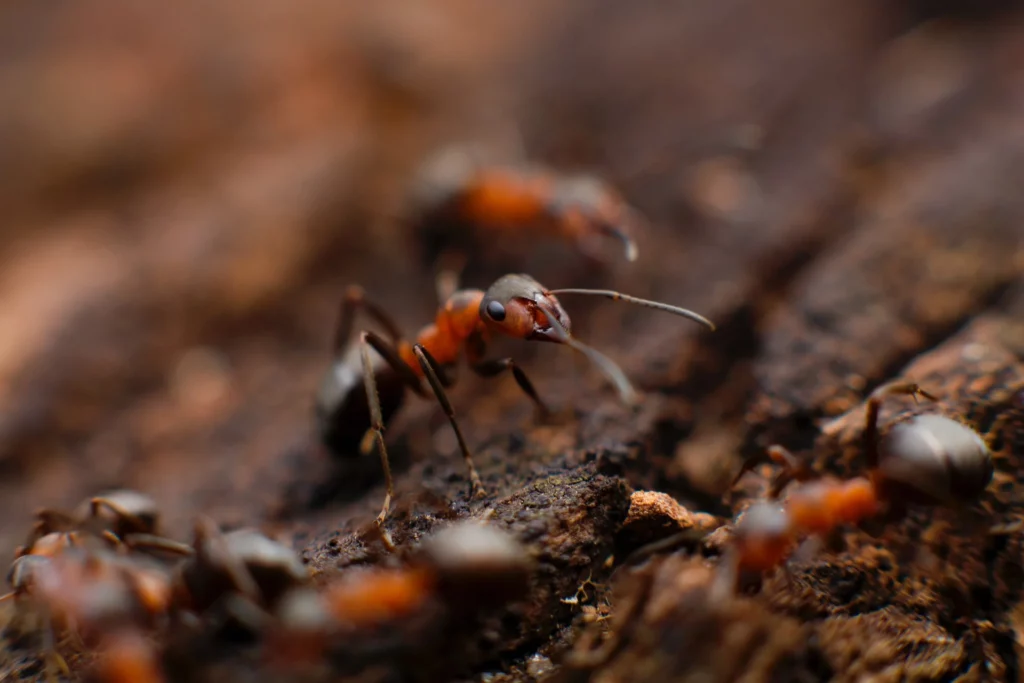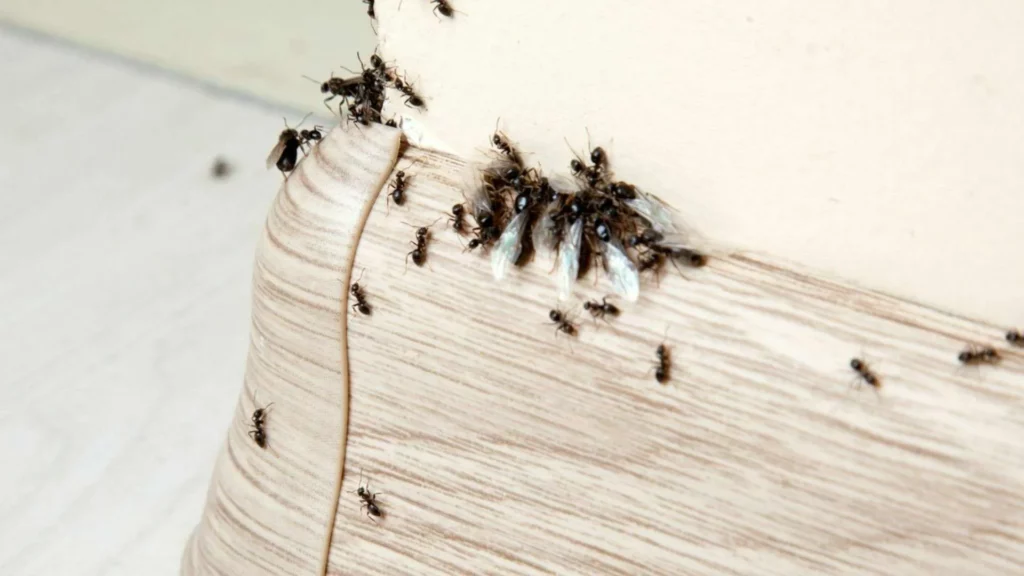Ants may be small, but their presence can quickly become a major annoyance, especially in bustling urban environments like Sydney. If you find yourself battling ant invasions in your home, this guide will provide vital insights into understanding the problem, the importance of professional control, and tips to prevent future infestations.
Understanding the ant problem in Sydney
Ants are more than just an occasional nuisance; they can signal a more significant issue in your home or garden. Sydney’s warm climate makes it a favourable environment for a variety of ant species to thrive. These tiny intruders invade homes in search of food, water, and shelter, leading to frustrating encounters for homeowners. Understanding the local ant problem is essential for effective ant control Sydney.
The different types of ants in Sydney
Sydney is home to several common ant species, each with its own behaviours and preferences. Some of the most frequently encountered types include:
Argentine Ants: Known for their aggressive nature and ability to form large colonies.
Sugar Ants: They are attracted to sweet substances, often invading kitchens and dining areas.
Green Tree Ants: These ants build nests in trees and can sometimes wander indoors.
Identifying the type of ant you’re dealing with is crucial, as it influences the most effective methods of control. For instance, Argentine ants are particularly challenging due to their ability to displace native species and their tendency to form supercolonies, which can stretch over vast areas. In contrast, sugar ants, while less aggressive, can quickly become a nuisance in households, particularly during warmer months when they are on the hunt for sugary treats.

Why are ants considered pests?
While ants play a vital role in the ecosystem, their presence in homes is often unwelcome. They can contaminate food, cause structural damage, and even bite if provoked. Additionally, some species are notorious for creating nests in insulation or other inaccessible areas, leading to costly repairs. Understanding why ants are labelled as pests can help emphasise the importance of prompt action when dealing with an infestation. Moreover, the presence of ants can indicate underlying moisture problems, as many species are drawn to damp areas, which may lead to further issues such as mould growth or wood rot. Homeowners should be vigilant and proactive in addressing not just the ants themselves but also the environmental conditions that attract them.
The importance of professional ant control
When faced with an ant invasion, you may be tempted to try DIY methods. However, the importance of professional ant control cannot be overstated. Professionals can provide a comprehensive solution that addresses the root cause of the problem, rather than just masking the symptoms.
Risks of DIY ant control methods
Many homeowners resort to DIY ant control methods without fully understanding the risks involved. For instance, over-the-counter insect sprays may deter ants temporarily but can pose health risks to residents and pets. Moreover, incorrect application may push the colony to relocate deeper into the home, making future control even more challenging. Read more about the risks associated with DIY pest control methods at https://cms.ctahr.hawaii.edu/epp/Education/Study-Guide-Packets/APC-Core/APC-Unit1
Benefits of hiring professional ant control services
By hiring professionals, you gain access to expert knowledge and specialised tools that are often not available to the average homeowner. Professional services can:
Identify the type of ant species present.
Tailor a treatment plan to your specific situation.
Ensure safety for your family and pets.
This tailored approach increases the effectiveness of the control measures and significantly reduces the likelihood of re-infestation.
The process of professional ant control in Sydney
Understanding the steps involved in professional ant control can help alleviate concerns and ensure you remain informed throughout the process.
Initial inspection and ant identification
The first step professionals take is to conduct a thorough inspection of your home and surrounding areas. This helps in identifying the specific ant species and determining their nesting sites. During this inspection, technicians will look for trails, nesting locations, and points of entry that allow ants to invade.
Treatment plan development
Once the assessment is complete, a customised treatment plan is developed. This plan focuses on eradicating the existing ant population while preventing future infestations. It often includes recommendations for both chemical and non-chemical treatments, ensuring the methods used are effective and safe. To learn more about non chemical treatments such as organic pest control click here.
Execution of the ant control plan
Finally, the technician will execute the ant control plan, which may involve baiting, dusting, or spraying in targeted areas. Depending on the severity of the infestation, follow-up visits may be necessary to ensure the complete elimination of the colony. Regular communication with your pest control expert is essential to address any ongoing concerns.
Prevention tips for future ant infestations
After successfully eliminating ants, it’s crucial to take preventive measures to avoid a repeat infestation. Here are some practical tips to consider:
Keeping your home clean to deter ants
Maintaining a clean home is your first line of defence against ants. Regularly sweep floors and wipe down surfaces to remove food particles and spills that attract ants. Additionally, ensure that rubbish bins are tightly sealed and emptied regularly.
Sealing entry points to prevent ant access
Check for cracks, gaps, or holes around doors, windows, and foundations. Sealing these entry points can significantly reduce the chances of ants entering your home. Using weather stripping on doors and windows is an effective way to block access.

Frequently asked questions about ant control in Sydney
Many homeowners have questions about the frequency and safety of ant control treatments. Below are some common inquiries that may help you navigate the treatment process.
How often should I get professional ant control?
The frequency of professional ant control largely depends on the severity of the infestation and your home’s environment. In general, annual inspections and treatments can help keep ant populations at bay, especially in areas prone to infestations.
Are ant control treatments safe for pets and children?
Reputable pest control services prioritise safety. They use products that are safe for homes with children and pets while still effectively controlling ant populations. If you have concerns, don’t hesitate to ask your pest control provider for information on the safety of their products.
In conclusion, dealing with ants in Sydney requires a combination of awareness, professional support, and preventative measures. By understanding the problem and taking proactive steps, you can say goodbye to unwanted visitors and enjoy a pest-free home.
Related : Why Regular Pest Inspections in Sydney Save You Money
